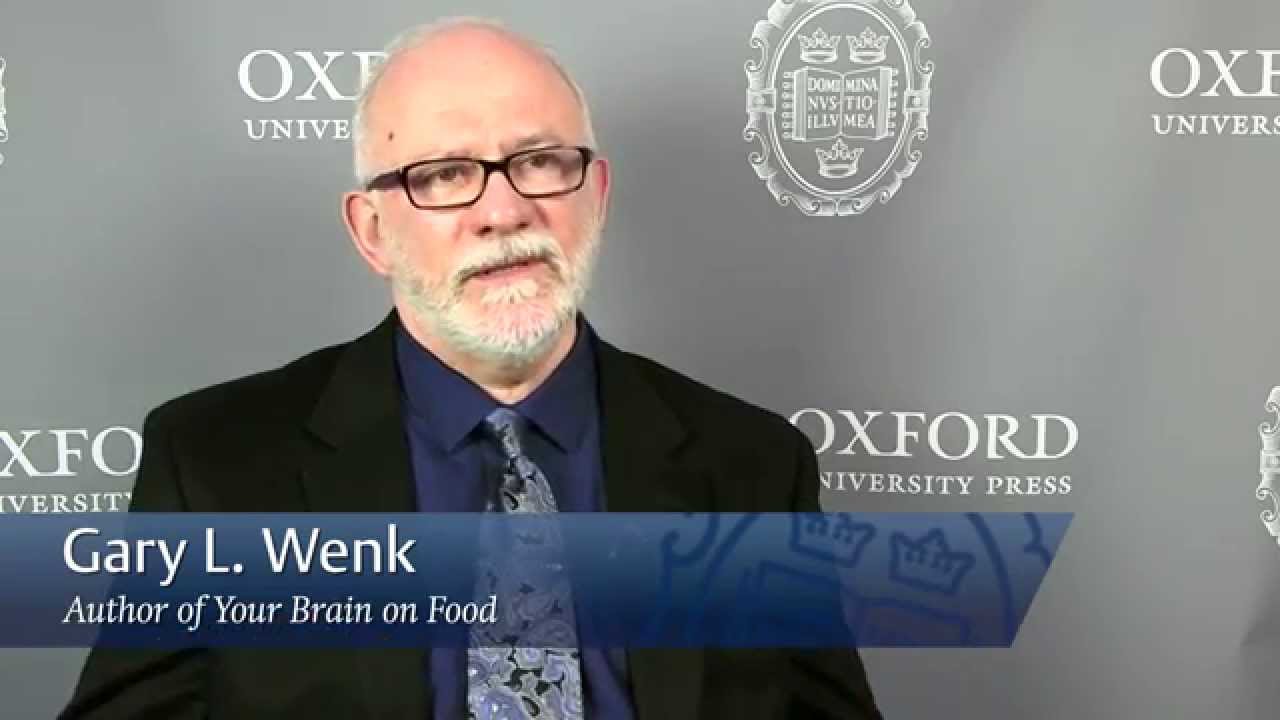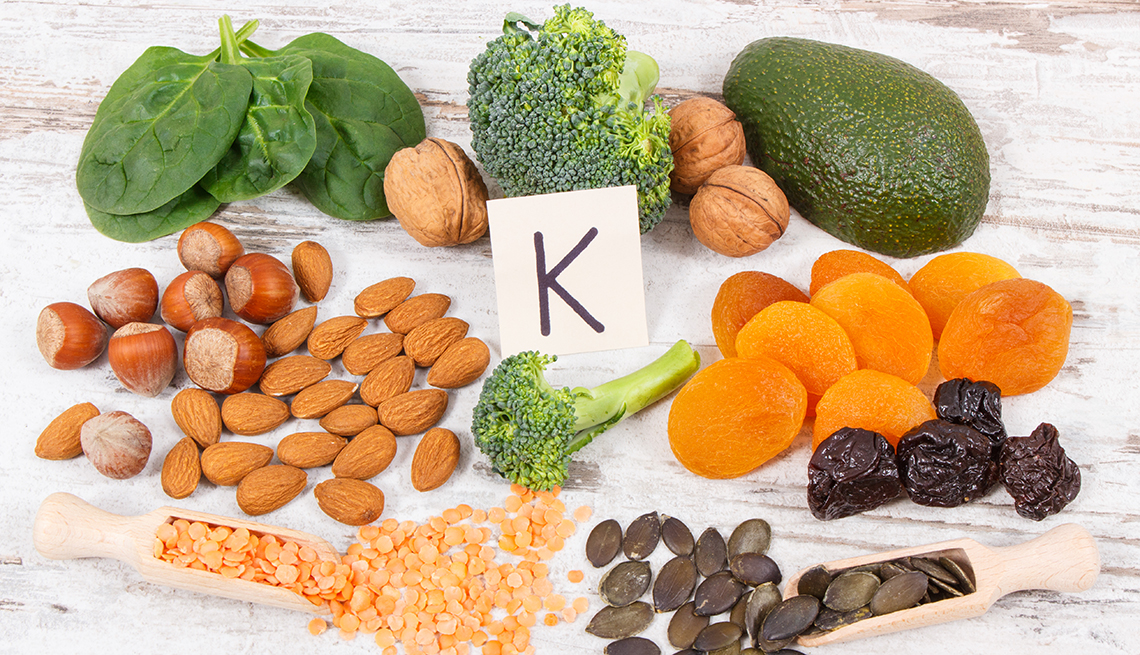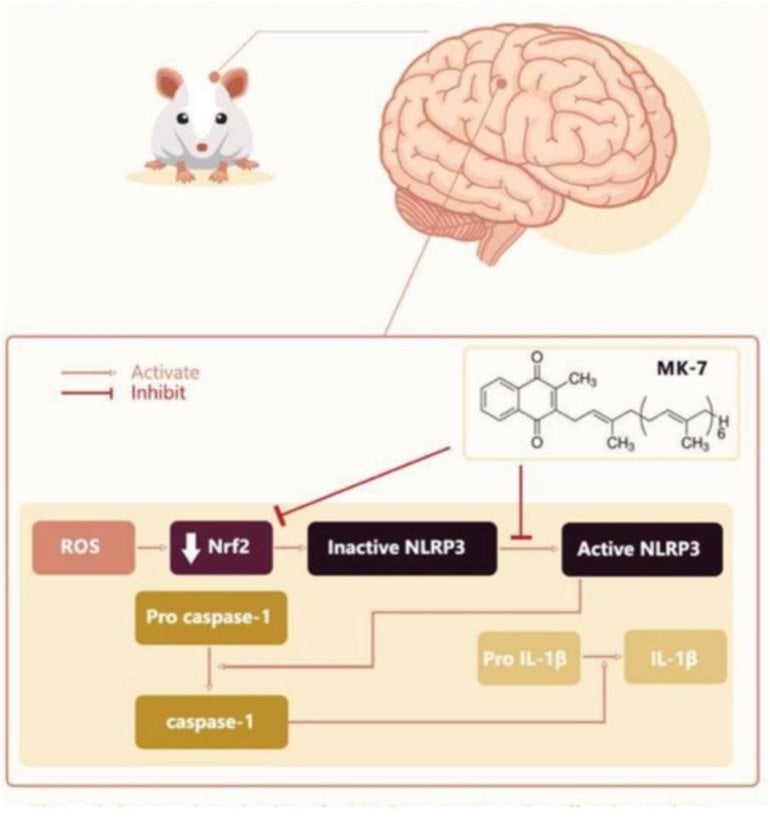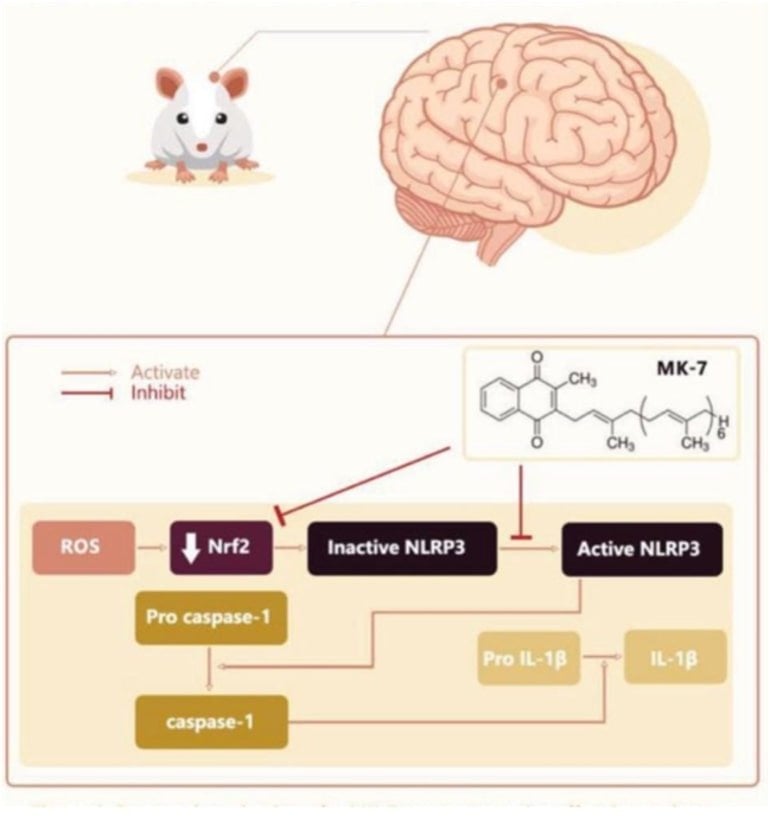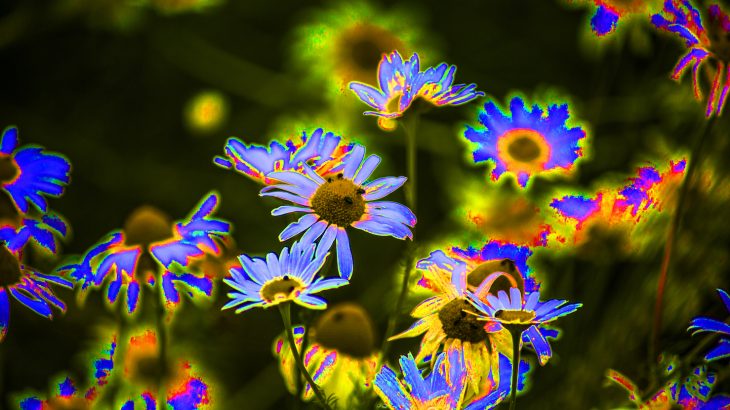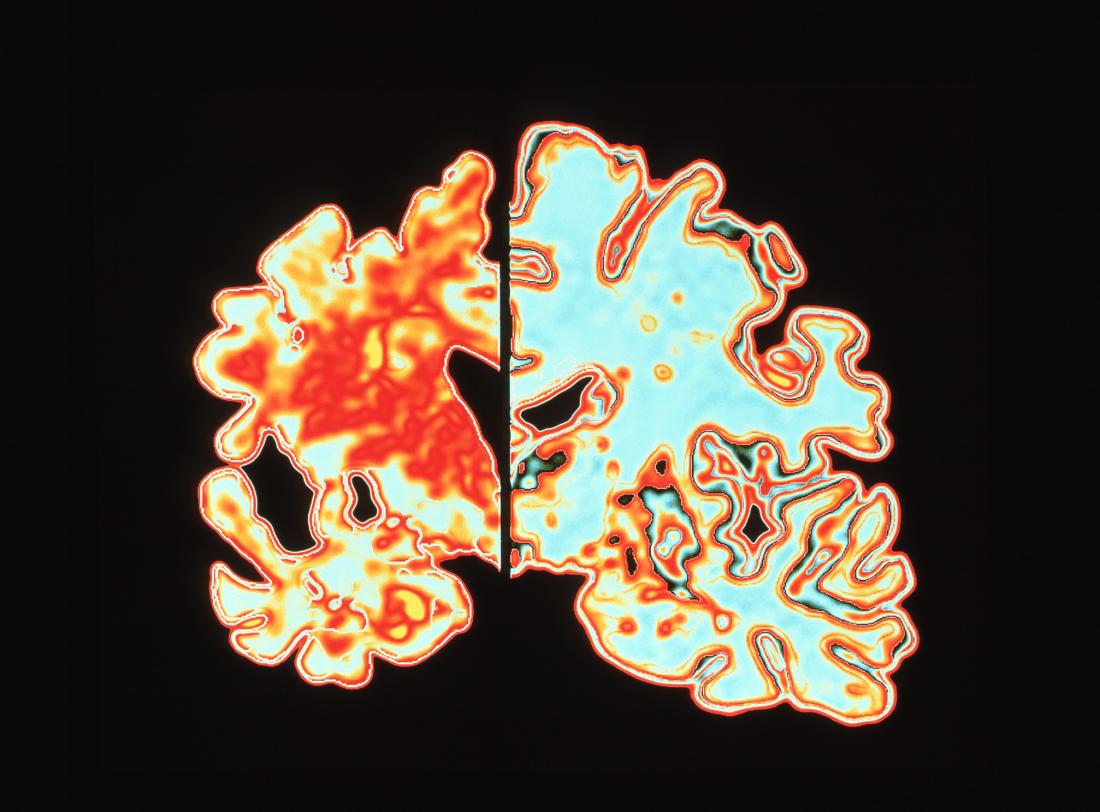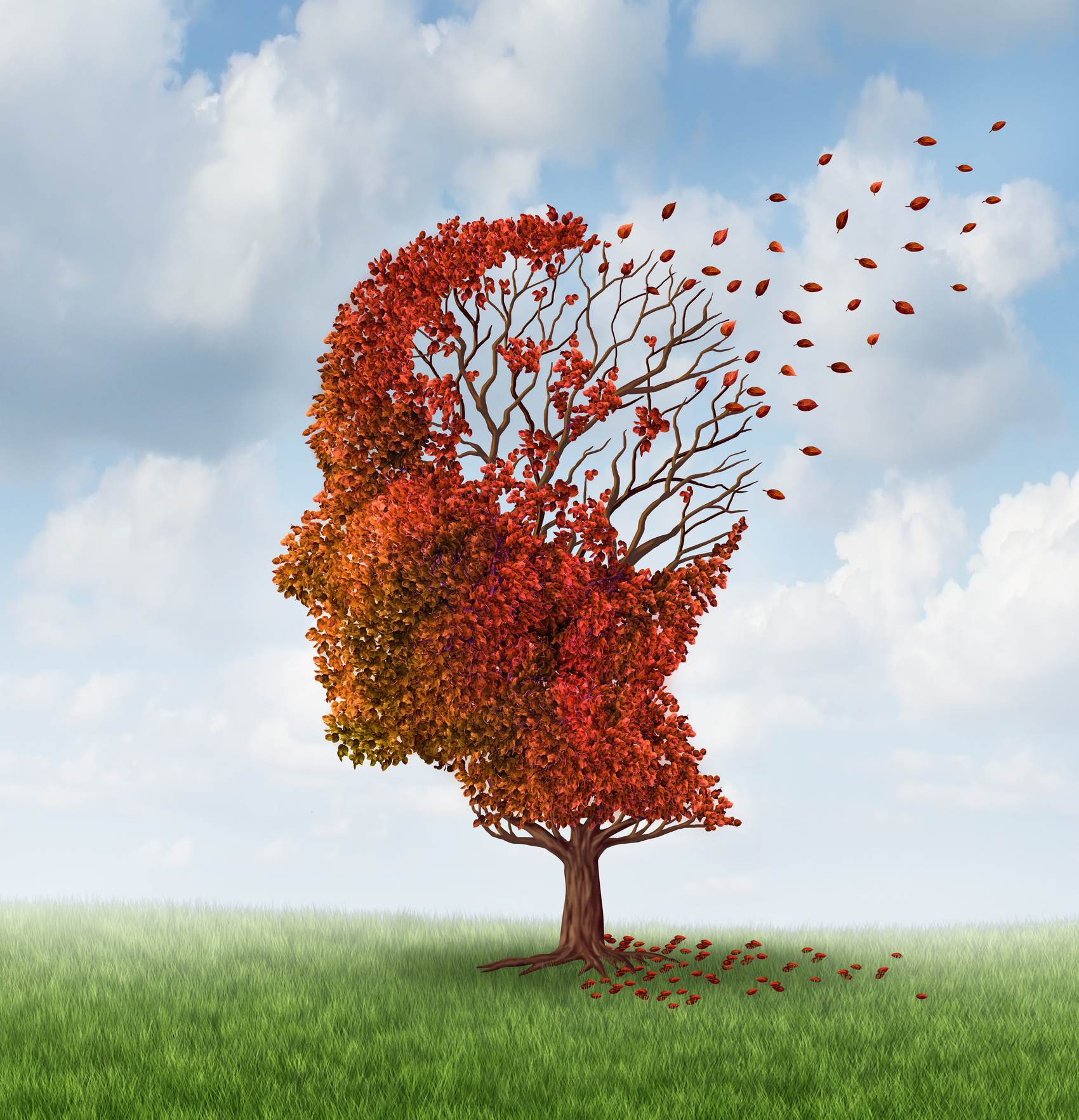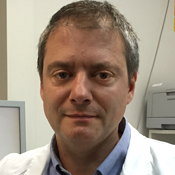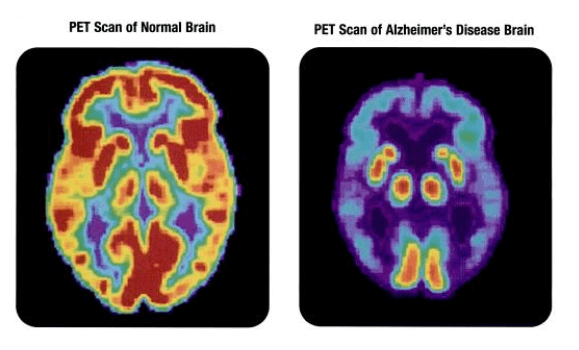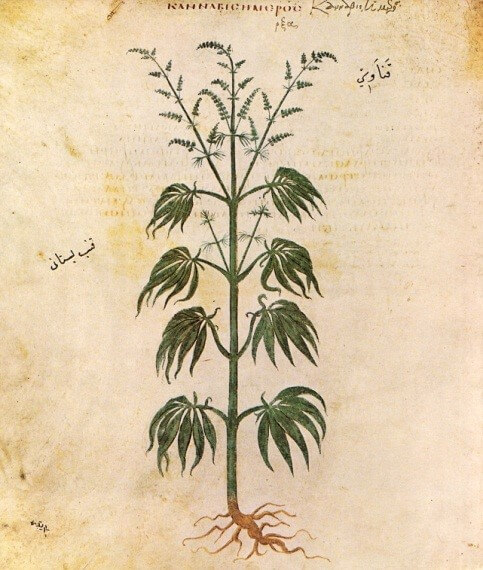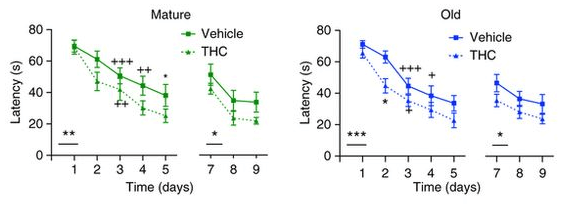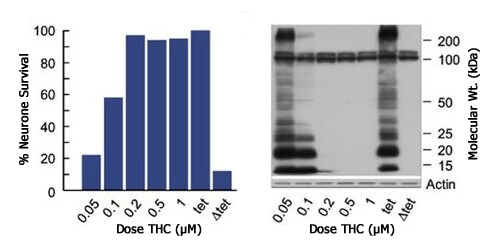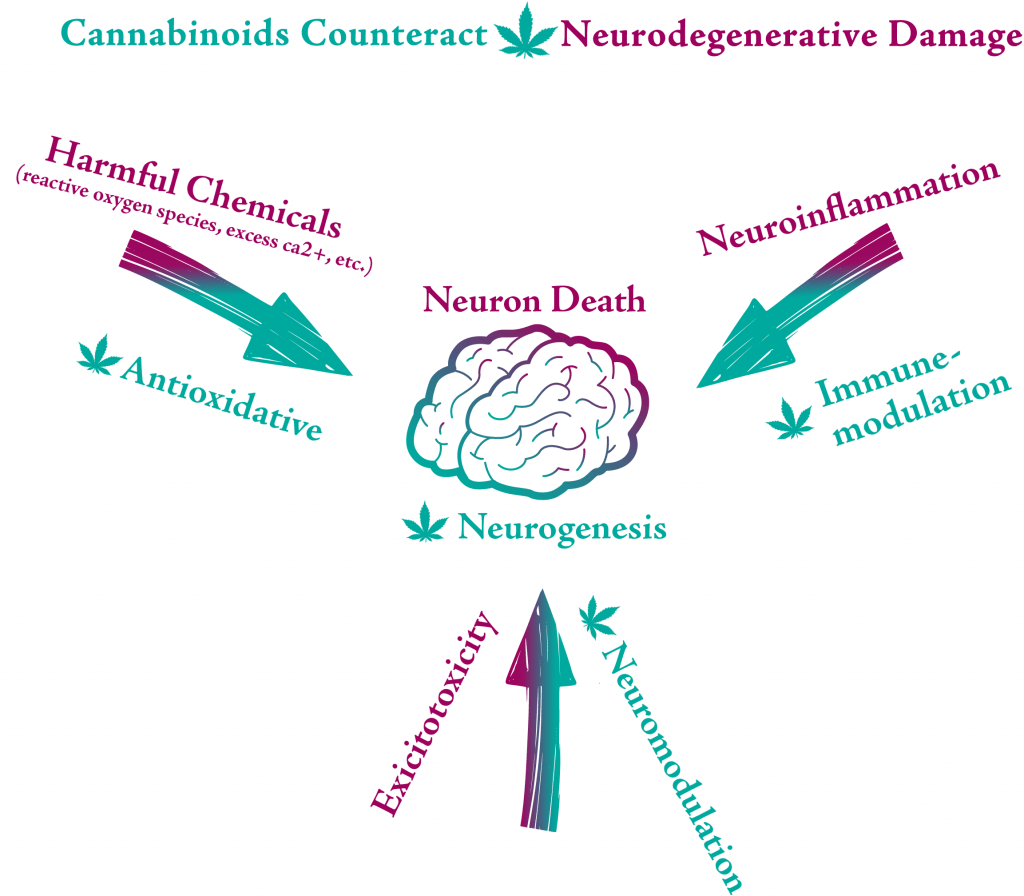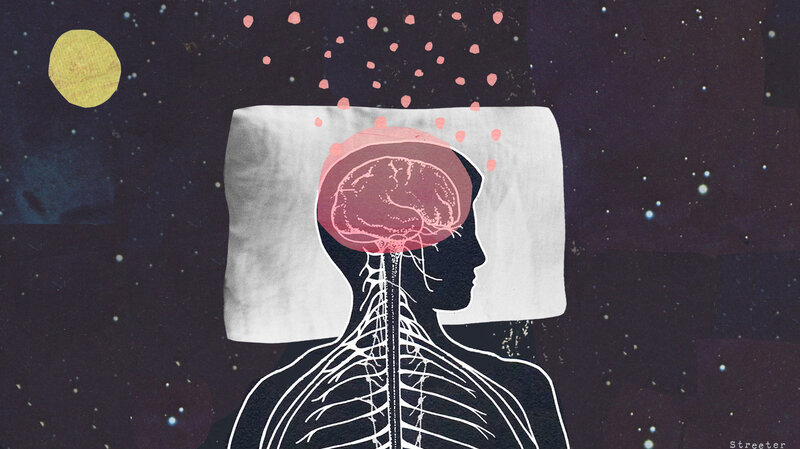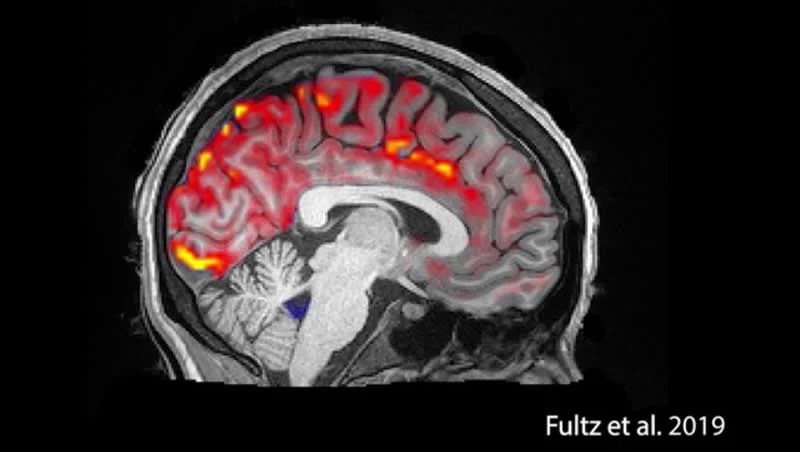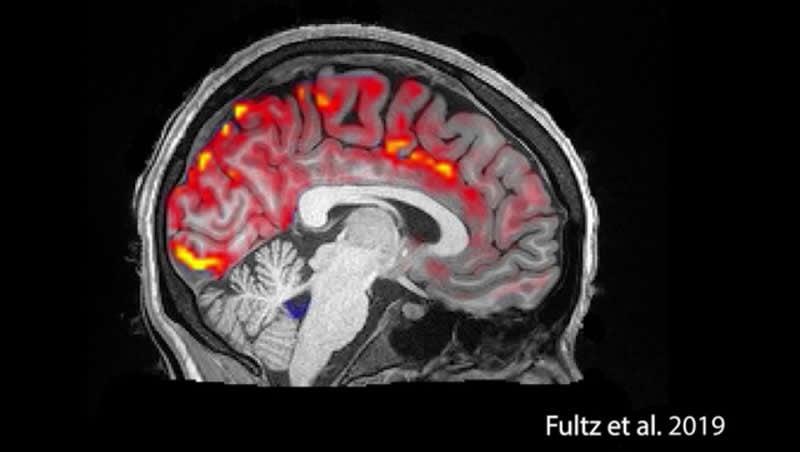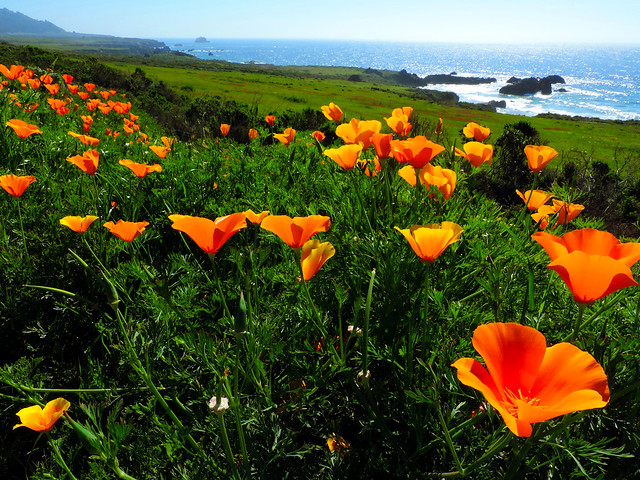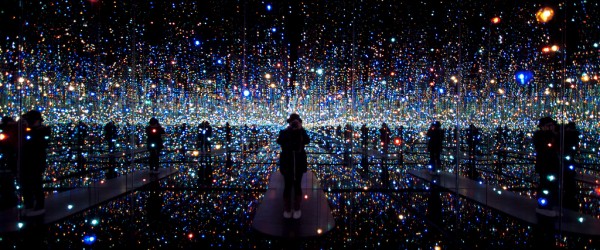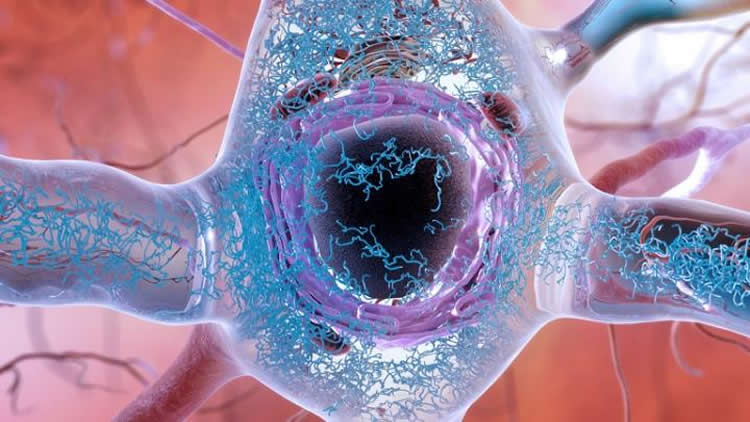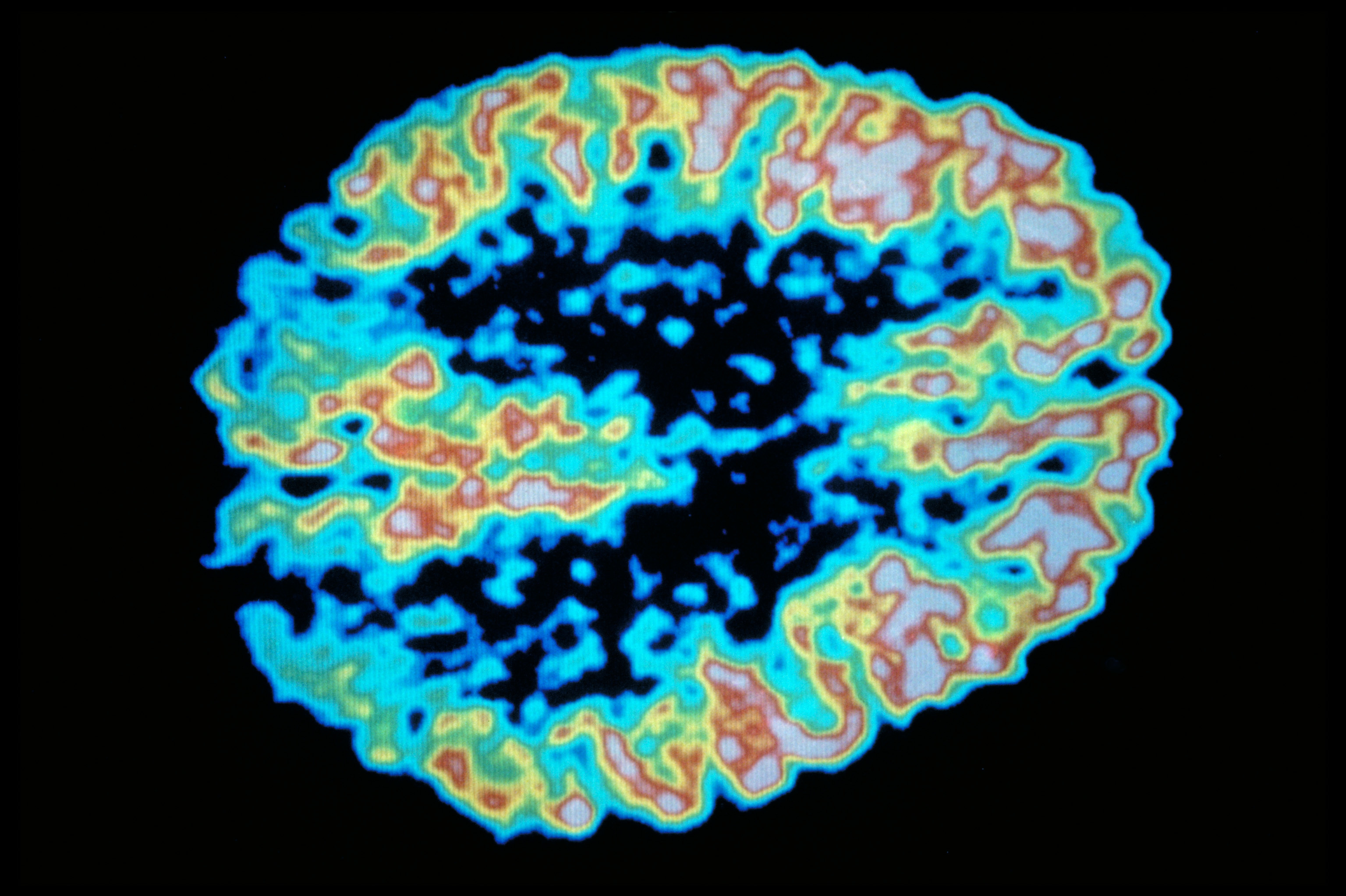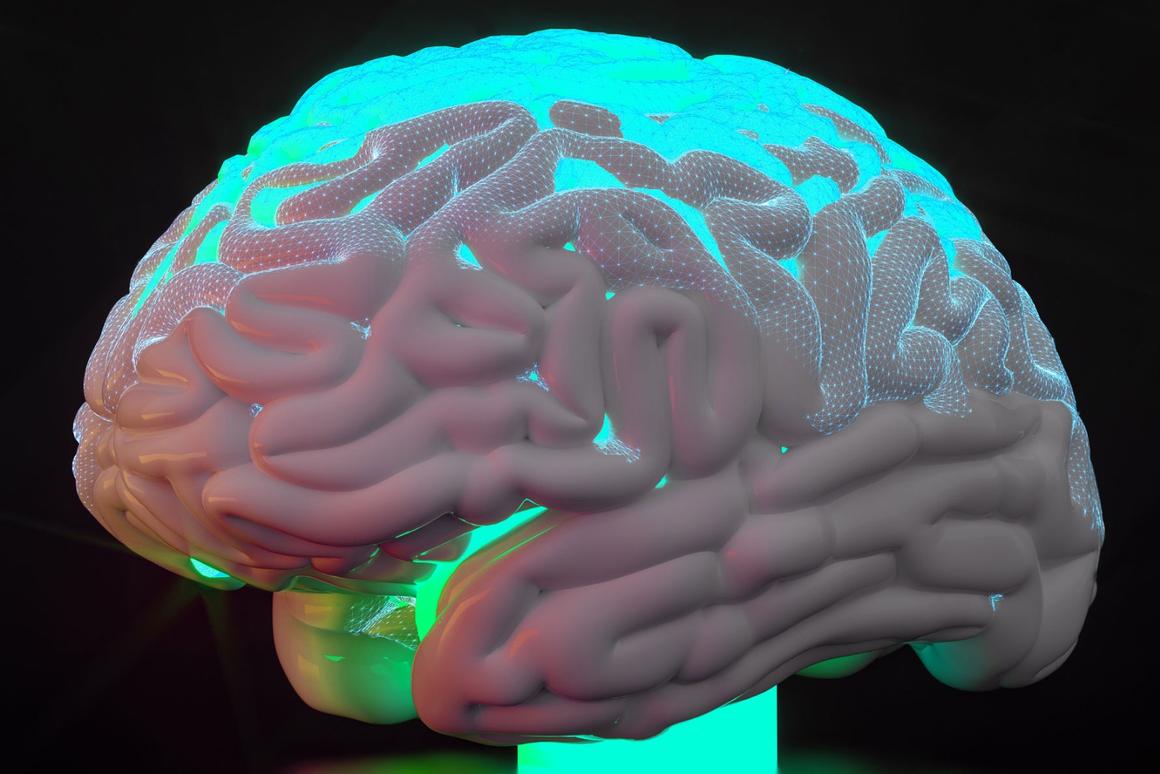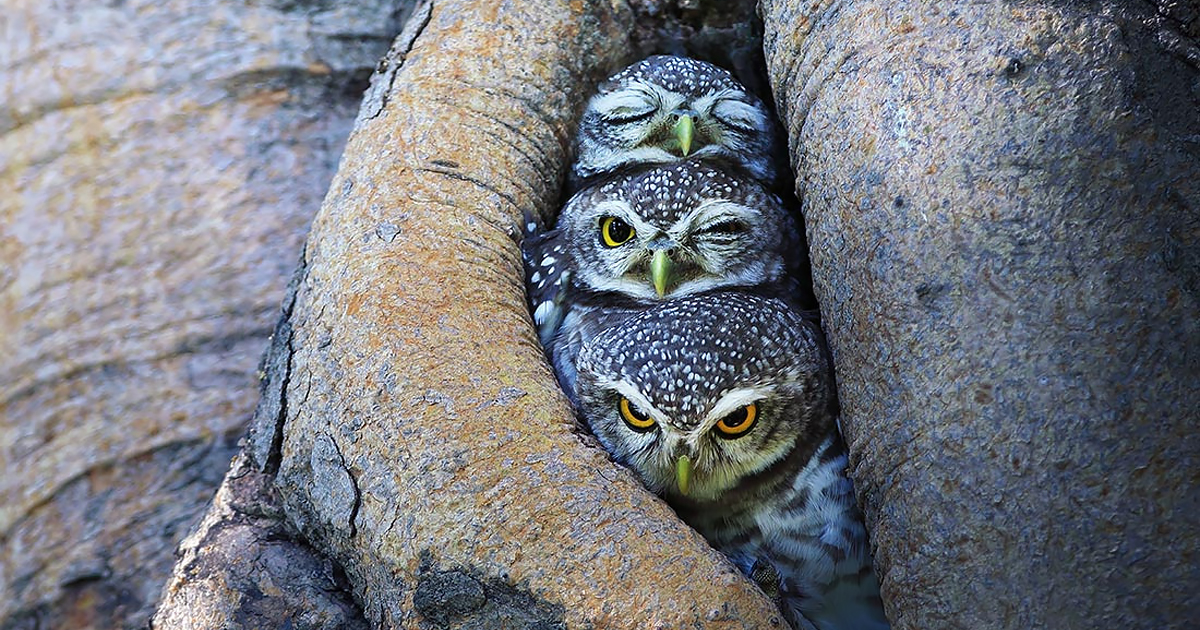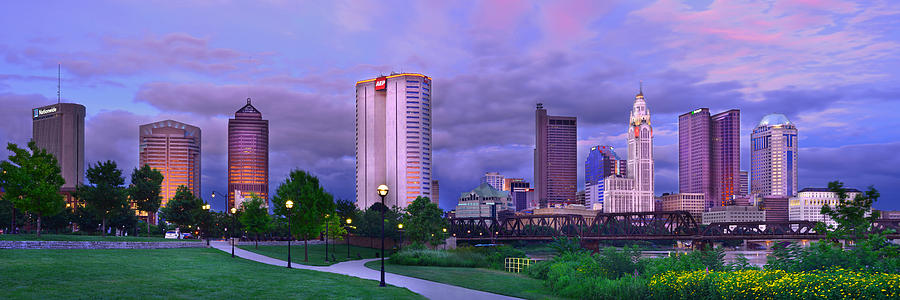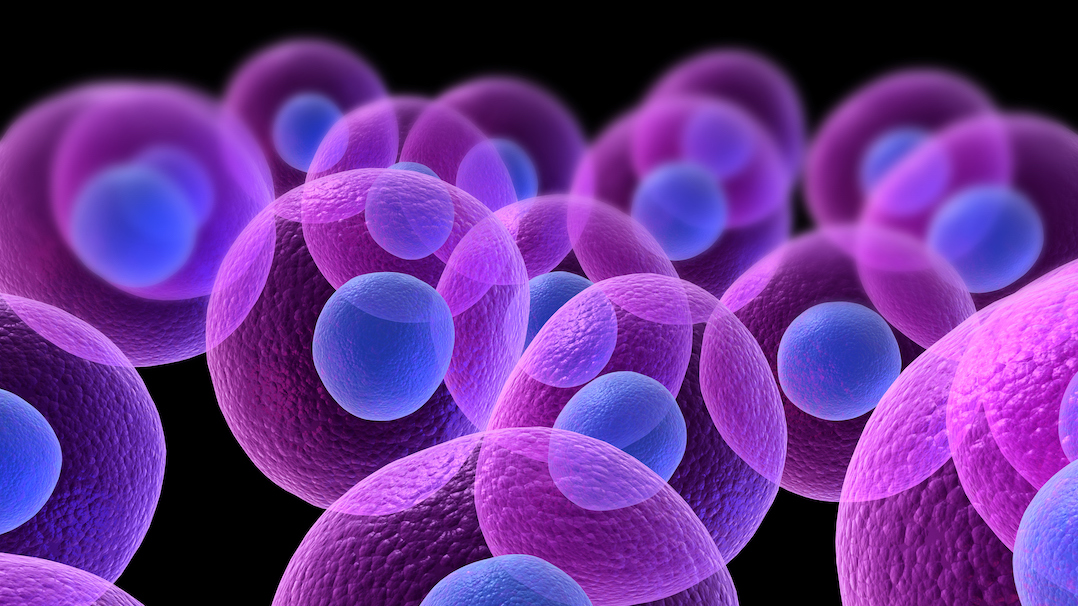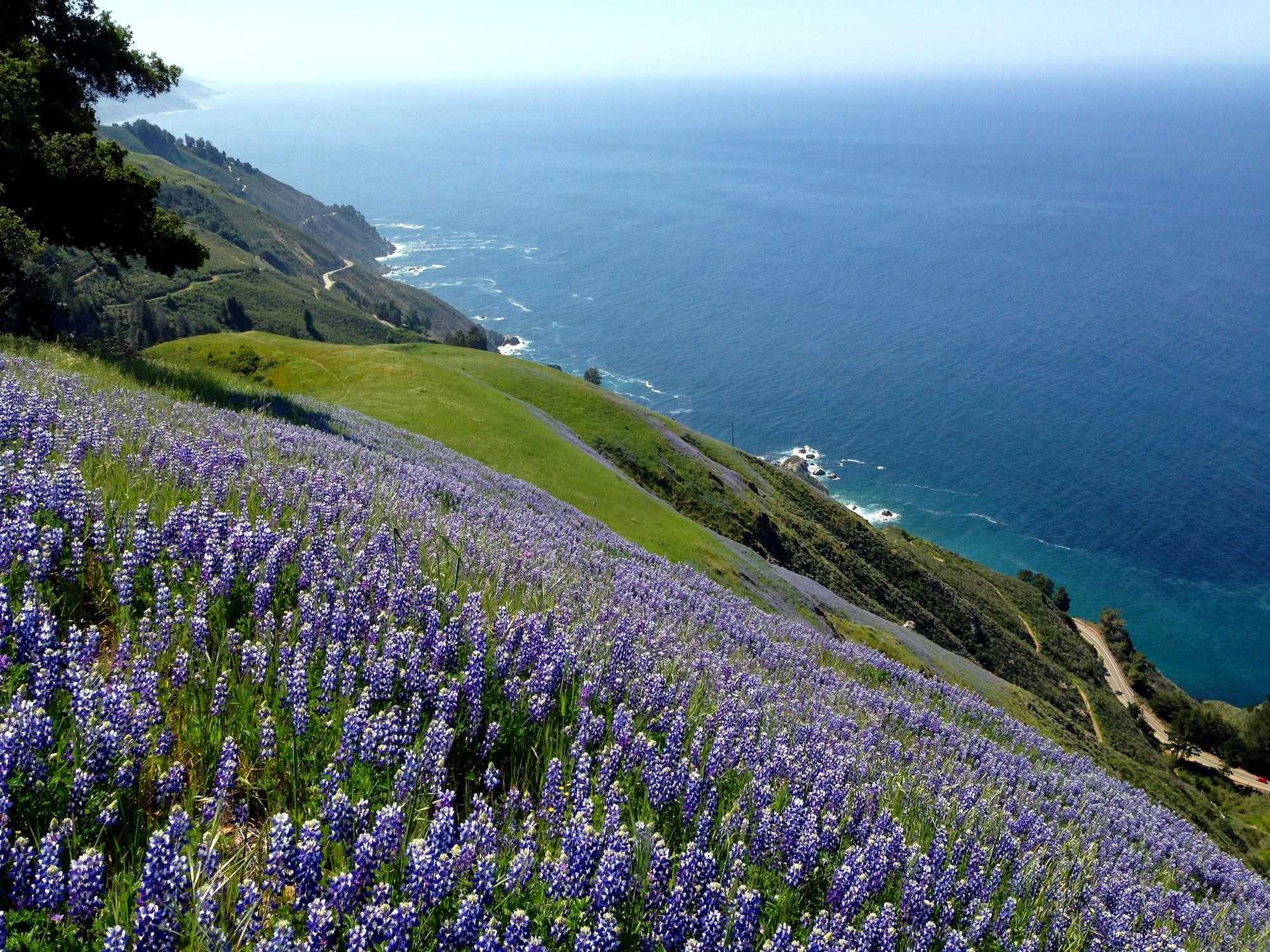mr peabody
Bluelight Crew
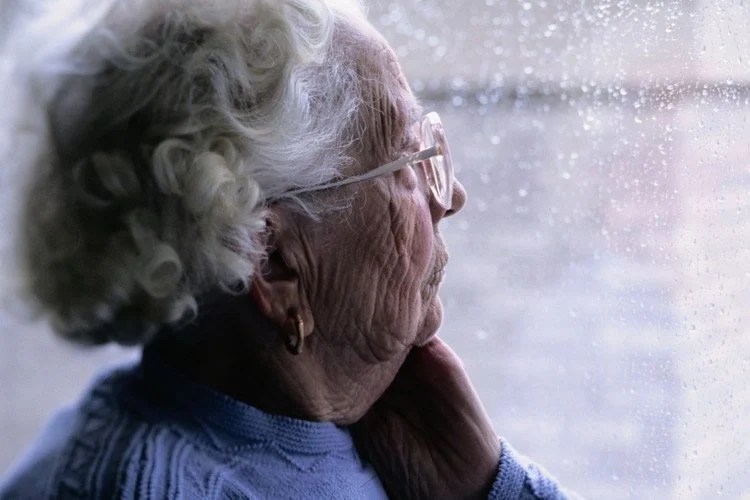
Ayahuasca stimulates brain cells and could treat Alzheimer's
by Olivia Lerche
SCIENTISTS have discovered that a psychedelic substance from the Amazon stimulates the birth of new brains cells and could lead to treatment for neurodegenerative diseases.
The Sant Pau Hospital Barcelona, which worked in collaboration with the Beckley Foundation and Spanish National Research Council in Madrid, has released the findings from a study investigating the potential of ayahuasca to promote neurogenesis - which is the development of new brain cells. The investigators believe that these findings will open up a new avenue of research that may help develop drugs to treat diseases like Alzheimer's, Parkinson's and addiction.
Dr Jordi Riba, lead investigator, presented preliminary data, at the Interdisciplinary Conference on Psychedelic Research in Amsterdam at the weekend. Results showed that two compounds - harmine and tetrahydro harmine - which are found in the psychedelic tea, potently stimulated the transformation of stem cells into new neurons.
Amanda Feilding, director of the Beckley Foundation said: "The images from the Beckley/Sant Pau collaboration showing the birth of new neurons are very interesting and suggest that ayahuasca could lead to a new approach in the treatment of neurodegenerative conditions such as Alzheimer's and Parkinson's, among others."
Experts have believed for years that the brain doesnt make neurons during adulthood. In the 1990s, research changed this finding, showing that new neurons are generated throughout adult life in two regions of the human brain: the area around the ventricles and in the hippocampus. The hippocampus, thought to be the center of emotion and autonomic nervous system, plays a key role in memory. Its function declines with age and in neurological disorders.
Under normal conditions, the rate of the birth of new neurons is very low, and it cannot keep up with the rate of neural death that occurs in diseases such such as Alzheimer's disease. In the study, neural stem cells were isolated from the hippocampus of adult mice. The stem cells were grown in the lab and substances that are present in ayahuasca were added to the cultures and compared with saline a placebo control.
Scientists have described the results as impressive, with ayahuasca substances stimulating the transformation of stem cells into new neurons.
Dr Riba has been studying ayahuasca for twenty years.
-----
Psilocybin rebuilds damaged neurotransmitters
Dr. Juan R. Sanchez-Ramos has discovered that using large doses of psilocybin allow the brain to create new brain cells. Dr. Ramos is actively seeking alternatives from mainstream medicine to cure Neurodegenerative diseases, Huntington's Disease and Parkinson's Disease.
This is promising news for Alzheimer's patients who suffer with a sloughing of brain cells causing a disruption and permanent loss of memory, and also for people who suffer with depression because of the low serotonin levels. The magic mushrooms rebuild the neurotransmitters responsible for serotonin. Because at the root of many tragic massacres today are psychotropic (Prozac, Paxil, etc.) drugs with side effects like suicide, extreme depression and violence. It appears whenever a natural remedy is applied to alleviate a problem, it does not have these hazardous side effects.
The Sant Pau Hospital Barcelona, which worked in collaboration with the Beckley Foundation and Spanish National Research Council in Madrid, has released the findings from a study investigating the potential of ayahuasca to promote neurogenesis - which is the development of new brain cells. The investigators believe that these findings will open up a new avenue of research that may help develop drugs to treat diseases like Alzheimer's, Parkinson's and addiction.
Dr Jordi Riba, lead investigator, presented preliminary data, at the Interdisciplinary Conference on Psychedelic Research in Amsterdam at the weekend. Results showed that two compounds - harmine and tetrahydro harmine - which are found in the psychedelic tea, potently stimulated the transformation of stem cells into new neurons.
Amanda Feilding, director of the Beckley Foundation said: "The images from the Beckley/Sant Pau collaboration showing the birth of new neurons are very interesting and suggest that ayahuasca could lead to a new approach in the treatment of neurodegenerative conditions such as Alzheimer's and Parkinson's, among others."
Experts have believed for years that the brain doesnt make neurons during adulthood. In the 1990s, research changed this finding, showing that new neurons are generated throughout adult life in two regions of the human brain: the area around the ventricles and in the hippocampus. The hippocampus, thought to be the center of emotion and autonomic nervous system, plays a key role in memory. Its function declines with age and in neurological disorders.
Under normal conditions, the rate of the birth of new neurons is very low, and it cannot keep up with the rate of neural death that occurs in diseases such such as Alzheimer's disease. In the study, neural stem cells were isolated from the hippocampus of adult mice. The stem cells were grown in the lab and substances that are present in ayahuasca were added to the cultures and compared with saline a placebo control.
Scientists have described the results as impressive, with ayahuasca substances stimulating the transformation of stem cells into new neurons.
Dr Riba has been studying ayahuasca for twenty years.
-----
Psilocybin rebuilds damaged neurotransmitters
Dr. Juan R. Sanchez-Ramos has discovered that using large doses of psilocybin allow the brain to create new brain cells. Dr. Ramos is actively seeking alternatives from mainstream medicine to cure Neurodegenerative diseases, Huntington's Disease and Parkinson's Disease.
This is promising news for Alzheimer's patients who suffer with a sloughing of brain cells causing a disruption and permanent loss of memory, and also for people who suffer with depression because of the low serotonin levels. The magic mushrooms rebuild the neurotransmitters responsible for serotonin. Because at the root of many tragic massacres today are psychotropic (Prozac, Paxil, etc.) drugs with side effects like suicide, extreme depression and violence. It appears whenever a natural remedy is applied to alleviate a problem, it does not have these hazardous side effects.
-Michael Erevna
Last edited:





